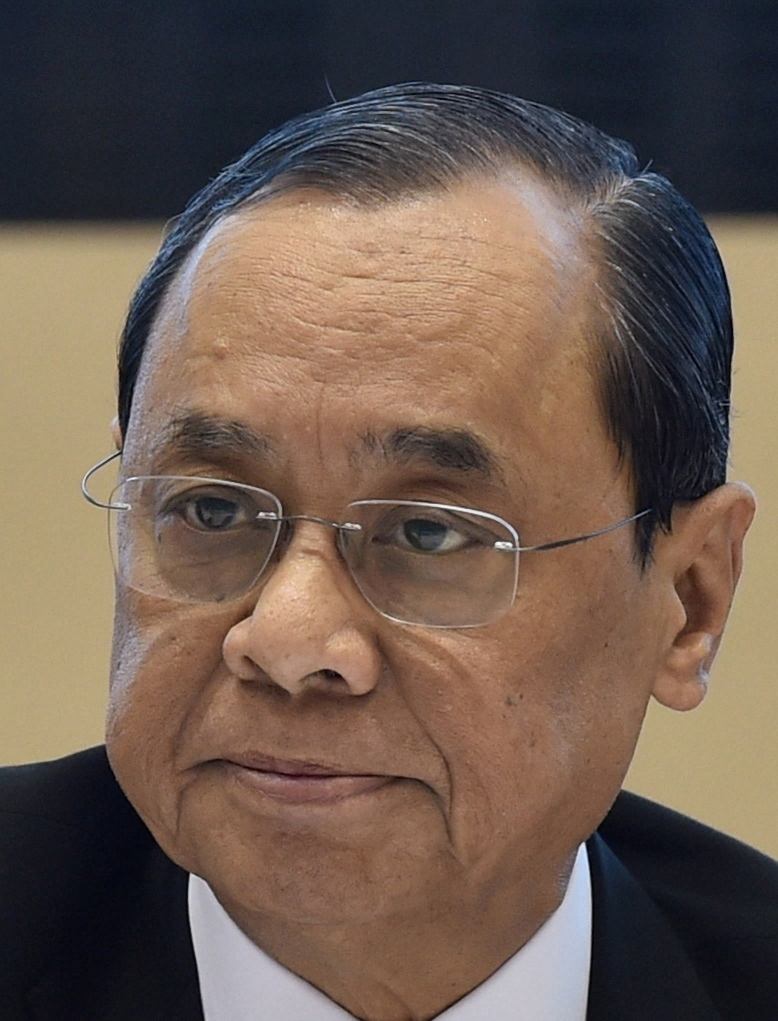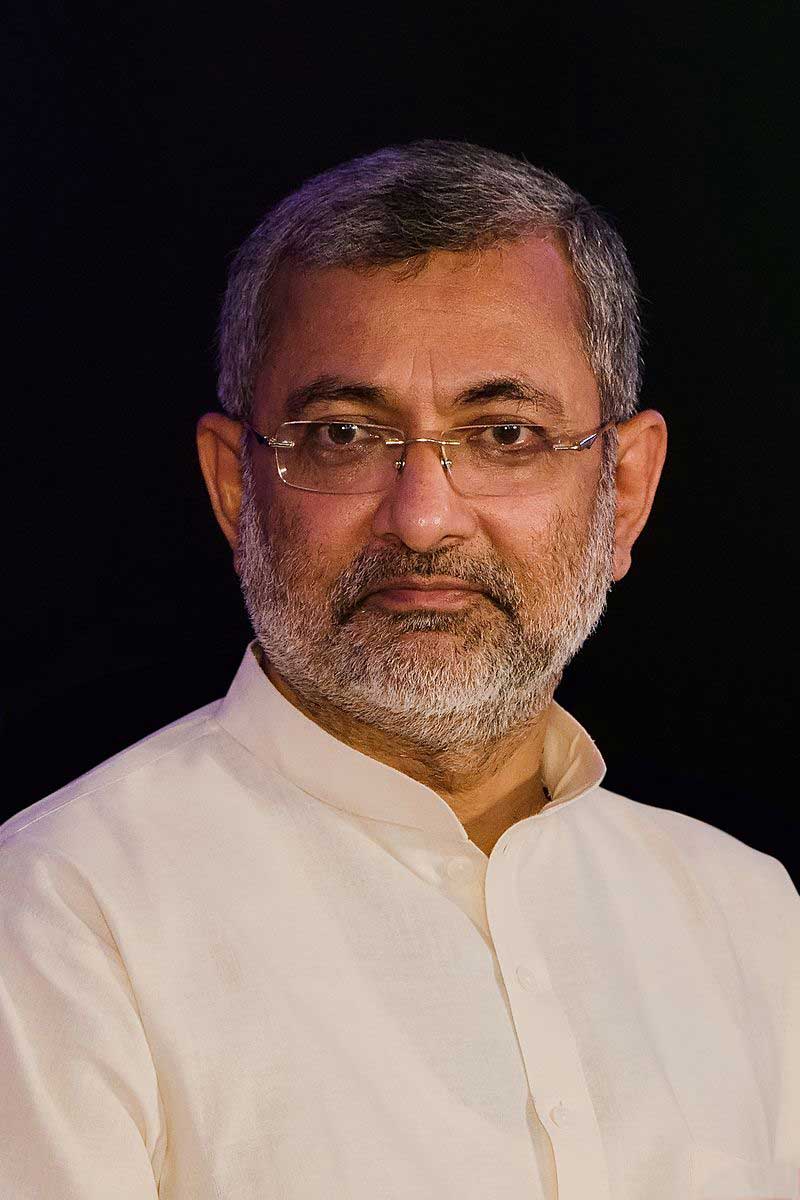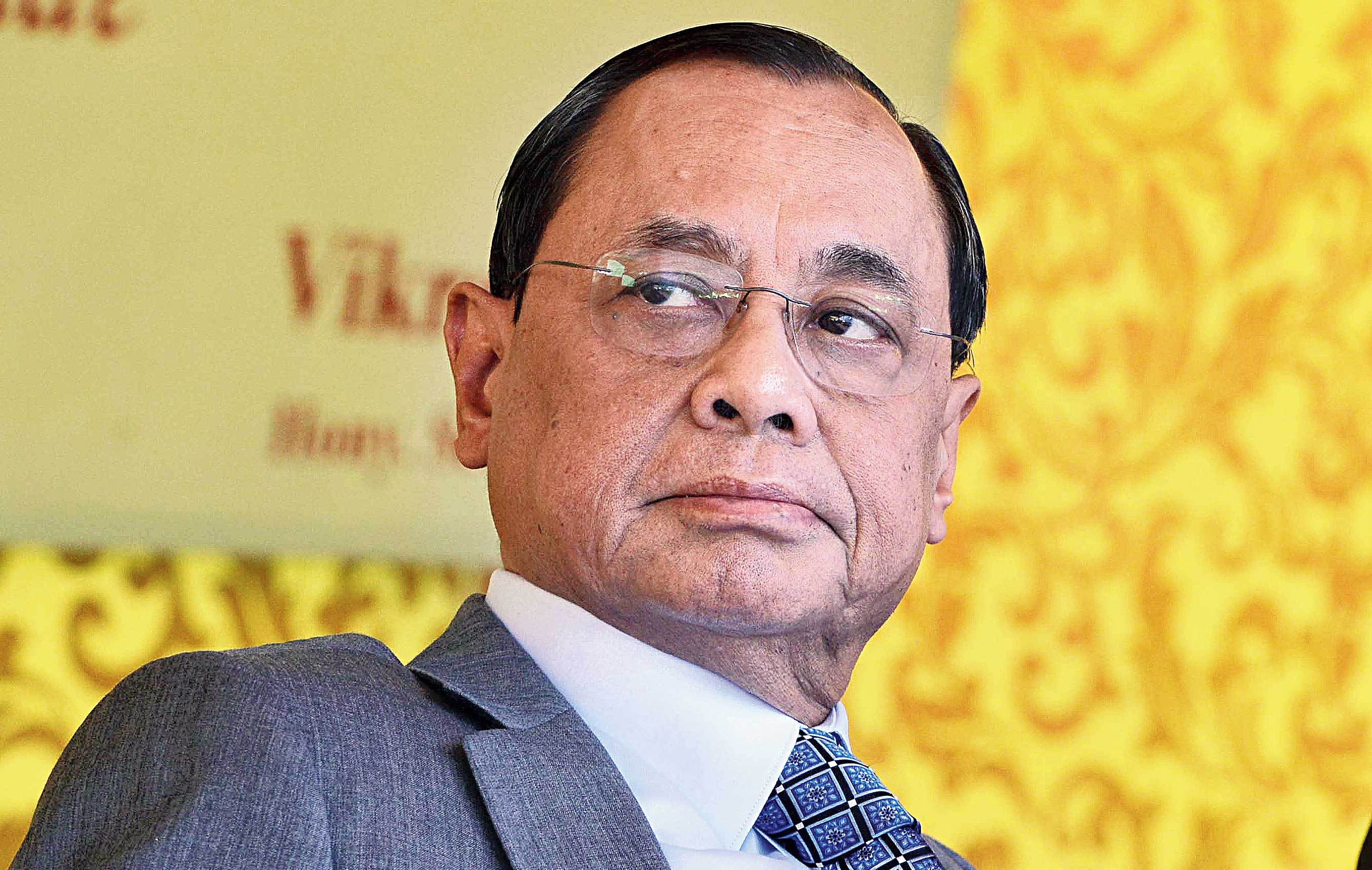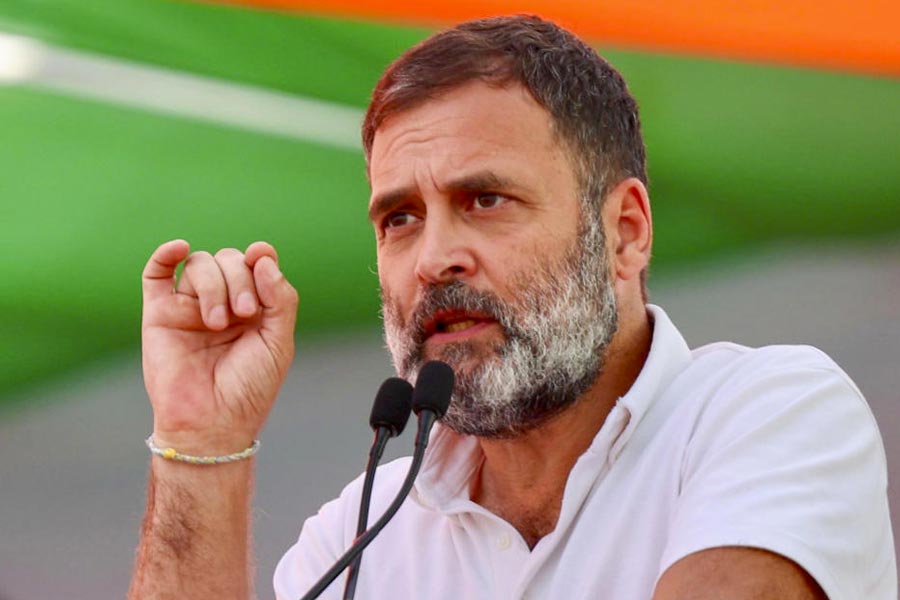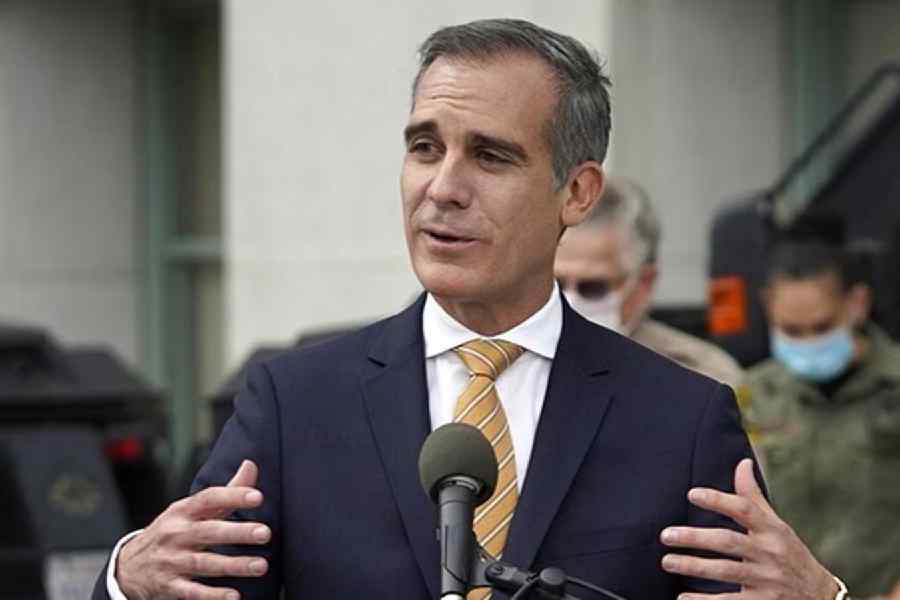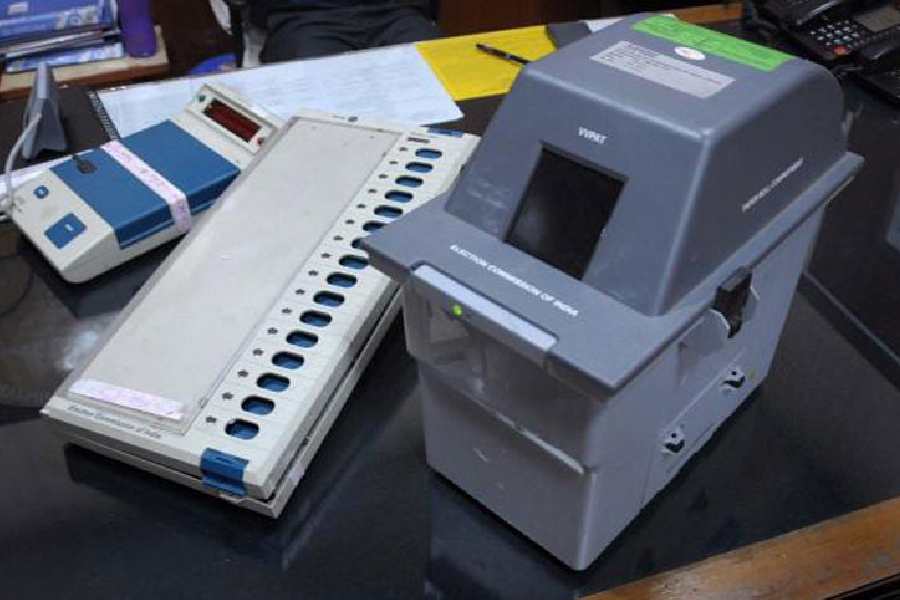The retired Supreme Court judge, Kurian Joseph, has enunciated what is in people’s minds: when Ranjan Gogoi, the former Chief Justice of India, accepted the nomination to the Rajya Sabha as one of the president’s 12 nominees, it shook the people’s faith in the independence of the judiciary. It is true that such things have happened before, as the Narendra Modi-led government has claimed with its flair for derailing an argument. But in those cases, there were long gaps between the judge’s retirement and his nomination and, except in two cases, longer than the conventional cooling period between occupying two positions of power. Yet the expedient of providing more than satisfactory emoluments at retirement and a fitting pension thereafter could stem the desire for more positions of importance. But this desire is something the Bharatiya Janata Party-led government can use. It has never baulked at turning institutional proprieties on their heads. It would be a triumph if it could wipe out the strict separation of powers, by the strength of which the judiciary stands in an unassailable position from which it can check, if need be, the executive’s transgressions. By bringing the retired CJI into the Rajya Sabha barely four months after his retirement, the government has openly flouted the ethics of governance and the principles of democratic structure.
The people’s faith in the judiciary’s independence was shaken more than once in recent times when Supreme Court rulings appeared to favour the executive’s point of view. Mr Gogoi, incidentally, presided over the Rafale ruling and the Ayodhya ruling, among others. The delay in hearing some crucial cases, and the reasons cited for postponement, were at times curious. For instance, while referring a bunch of petitions challenging the Centre’s decision to revoke Article 370 in Kashmir to another bench, Mr Gogoi had said that time cannot be devoted to the matter on account of the hearings in the Ayodhya case. The hasty nomination of Mr Gogoi to the Rajya Sabha, which still lacks a BJP majority, may rekindle a sense of doubt. This unease is likely to do immeasurable damage to the credibility of institutions — and so encourage despair and lawlessness — unless the judiciary is seen to be asserting its independence.

